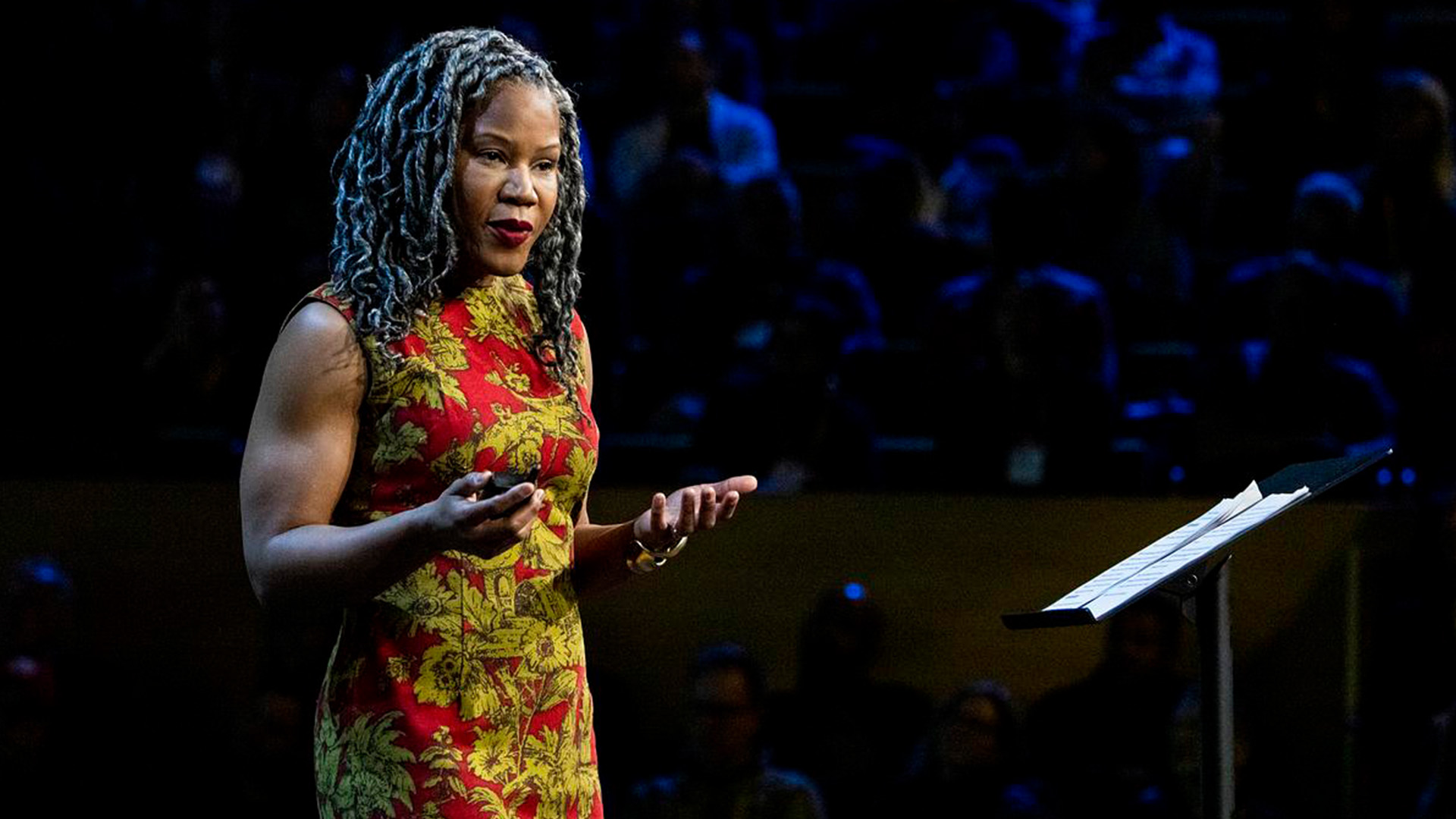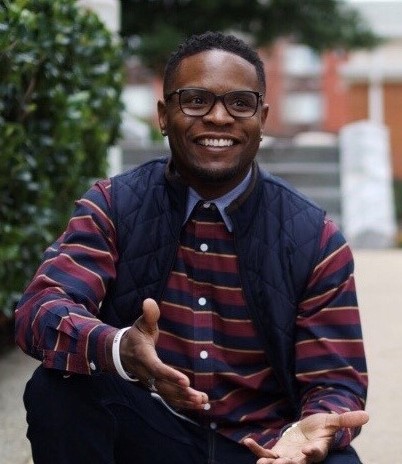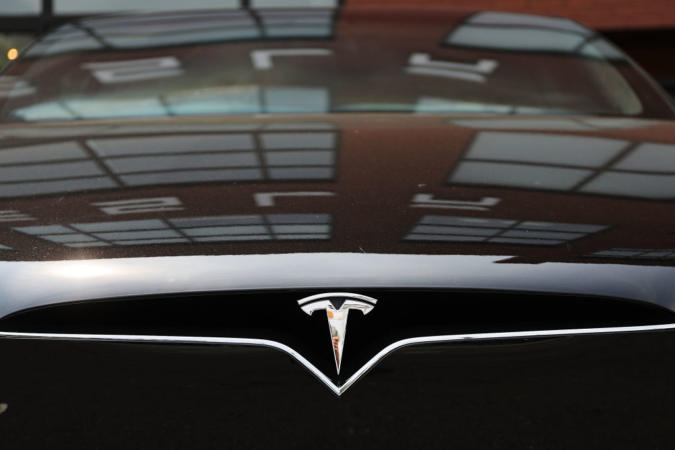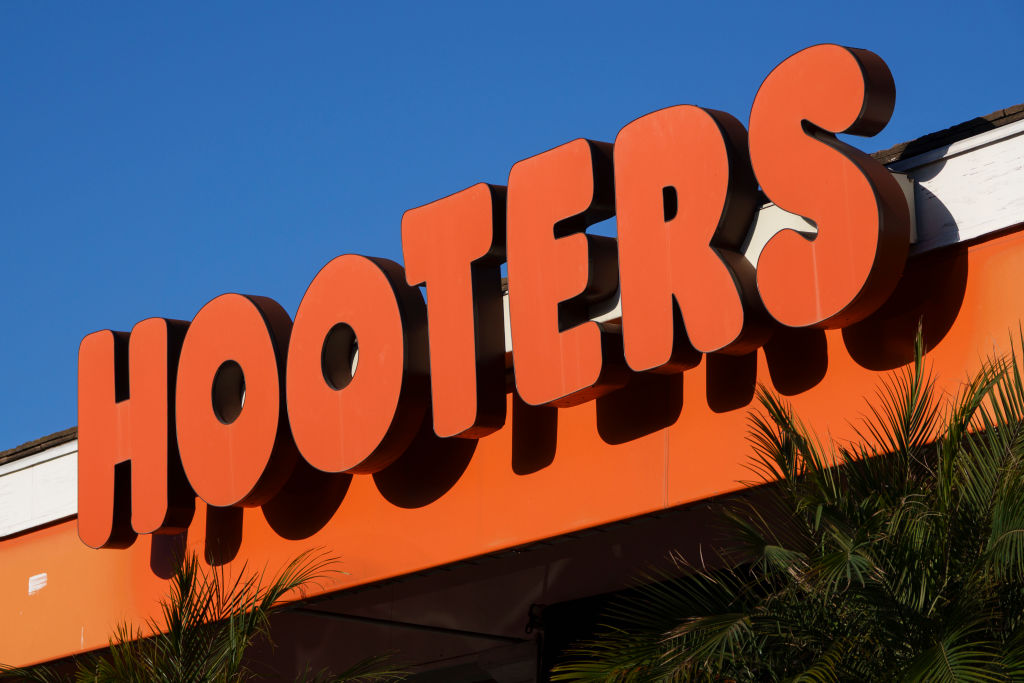One of the most prolific figures in American history is Dr. Martin Luther King, Jr. Most people are familiar with his work around equity and justice and his incredible mark on earth, particularly through the Civil Rights Movement.
Through his equity-focused work, Dr. King championed fair housing. And one of his approaches beyond the need for legislative changes around housing policy was his belief in the Beloved Community.
According to The King Center, the Beloved Community “is a global vision, in which all people can share in the wealth of the earth. In the Beloved Community, poverty, hunger, and homelessness will not be tolerated because international standards of human decency will not allow it.”
This vision of building a community of trust and strength did not end with the work of Dr. King. Throughout history, several leaders have risen to advocate for equitable access to resources and the reclamation of communities from which larger entities have divested. Among those leaders is social enterprise community and economic developer, Majora Carter.
It's Always Home
Carter is a South Bronx, NY, native who has dedicated her work to the community that raised her. An out loud advocate for justice, published author, and believer in FUBU (for us, by us), Carter is helping others rethink urban revitalization strategies.
“When I talk about being a community revitalization strategist, it’s all about recognizing that their assets in the community, most notably the people that are born and raised there, and that they have been often led to believe that they need to measure success by how far they get away from their communities,” Carter described during the conversation. “And our job is to come up with the kind of strategies that are literally the things that make people feel as though their community is worth living in and staying in.”
Reclaiming Your Hood
The concept of people living and staying in their communities is core to Carter’s belief system. In her book, “Reclaiming Your Community,” The New York native avidly believes there is immense value within the communities people live in, despite what society or critics have to say.
Carter understands that people have the power to create economic pathways that lead to the strengthening of neighborhoods.
“They gotta know that there’s a path to do that in their own community,” Carter pointed out. “The hardest thing, to be honest, is making sure that people in those communities feel as though there is something worth reclaiming.”
Grandma's House Is Worth Big Coin
Reclaiming the worth of a neighborhood is the alternative vantage point to the negative perspective of gentrification. And according to Carter, gentrification begins far beyond introducing a new, hip coffee shop. It starts when community members stop believing in the wealth that exists there. This is the intersection of where Carter’s work truly begins.
“We work to build that [spaces people want to stay in] so that folks see the value of it and want to stay there. The other thing is just like something as simple as, like, don’t sell grandma’s house,” Carter said.
With real estate being a key proponent of generational wealth, holding assets from family members is a critical way to invest back into the area and create a thriving, neighboring community that exists off the strength of those who built it.
Dignity And Value In Communities
Carter is a developer that doesn’t just talk the talk. She walks it out as well. She and her group have opened a café in the South Bronx and converted a former rail station into an event space. She also leverages the power of opportunity zones to provide access to affordable housing options to those who could benefit most, like “low-status” community members.
“I like using ‘low-status’ as opposed to ‘historically underrepresented’ because ‘status’ implies that there’s inequality, but that you play to that, and it’s assumed that there’s a higher and a lower,” Carter said.
The Bigger Picture
For Carter, everyone could benefit in many ways from economic policies that build people and make more vibrant neighborhoods. However, it all goes back to perceived value and motivation.
“If we can just bring a little bit of stickiness to these, to our own communities and help people see the value in reinvesting, you know, not just economically, but mentally and, spiritually,” Carter explained.

















